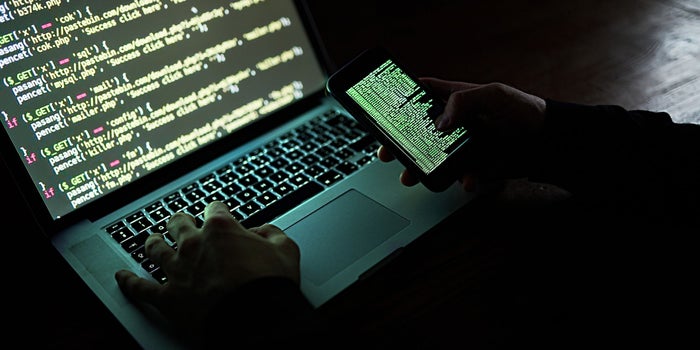The Role of the Darknet in Ethical Hacking and Cyber Defense
The Darknet, often perceived as a hidden realm of the internet, plays a significant yet controversial role in the fields of ethical hacking and cyber defense. While the Darknet has a reputation for hosting illicit activities, it also serves as a valuable space for security professionals and hackers alike to understand and safeguard against cybersecurity threats. Ethical hackers, also known as white-hat hackers, use the Darknet to learn about the latest cybercrime tactics and exploit techniques used by malicious actors. By studying these activities, they can better anticipate and defend against attacks on conventional networks. One of the main benefits of the Darknet in cybersecurity is its role as a testing ground for security vulnerabilities. Ethical hackers often explore the Darknet to identify weaknesses in systems that could be exploited by cybercriminals. This practice helps them stay ahead of potential threats, giving them an understanding of how vulnerabilities can be used in real-world scenarios.

Moreover, these professionals can analyze various attack vectors, such as malware and phishing techniques, by observing how they are deployed within the Darknet community. This information is crucial for developing robust defense mechanisms. Additionally, the Darknet serves as a valuable resource for threat intelligence gathering. Many cybercriminals operate in the shadows of the internet, but they often leave traces of their activity that ethical hackers can use to gain insights into emerging threats. By monitoring Darknet TorZon market forums, marketplaces, and chat rooms, ethical hackers can uncover discussions about potential zero-day vulnerabilities, new malware strains, and evolving attack methodologies. This proactive approach allows security teams to implement defensive strategies before these threats make their way to mainstream targets. However, there are ethical concerns regarding the use of the Darknet for cybersecurity purposes. The line between ethical hacking and illegal activities can sometimes become blurred, especially when hackers delve into areas that may violate laws or infringe upon privacy rights.
Ethical hackers must navigate these complexities carefully to ensure they operate within legal boundaries while gaining the necessary knowledge to defend against cybercrime. Furthermore, the Darknet’s lack of regulation makes it challenging to verify the authenticity of information, which can sometimes lead to misinformation or misinterpretation of threats. Despite these challenges, the Darknet remains an essential tool for ethical hackers. It provides them with a space to conduct research, test defense strategies, and gather intelligence on emerging cyber threats. Additionally, it enables collaboration between cybersecurity professionals, where they can share knowledge and best practices in an environment that mimics real-world attack scenarios. This collective effort helps build stronger defenses against cyberattacks, ultimately improving overall cybersecurity posture. while the Darknet is often associated with illegal activities, it also has a critical role to play in ethical hacking and cyber defense. It allows security professionals to stay informed about the latest threats, understand how cybercriminals operate, and develop more effective defense mechanisms.